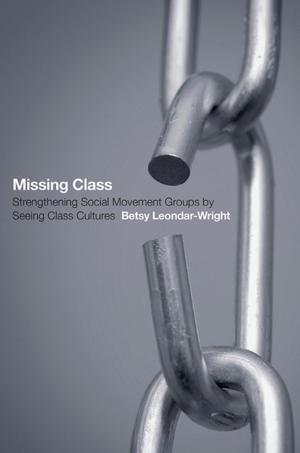Differential Diagnoses
A Comparative History of Health Care Problems and Solutions in the United States and France
Nonfiction, Health & Well Being, Medical, Reference, Health Policy, History, Americas, United States, 20th Century| Author: | Paul V. Dutton | ISBN: | 9780801466403 |
| Publisher: | Cornell University Press | Publication: | November 9, 2012 |
| Imprint: | ILR Press | Language: | English |
| Author: | Paul V. Dutton |
| ISBN: | 9780801466403 |
| Publisher: | Cornell University Press |
| Publication: | November 9, 2012 |
| Imprint: | ILR Press |
| Language: | English |
Although the United States spends 16 percent of its gross domestic product on health care, more than 46 million people have no insurance coverage, while one in four Americans report difficulty paying for medical care. Indeed, the U.S. health care system, despite being the most expensive health care system in the world, ranked thirty-seventh in a comprehensive World Health Organization report. With health care spending only expected to increase, Americans are again debating new ideas for expanding coverage and cutting costs. According to the historian Paul V. Dutton, Americans should look to France, whose health care system captured the World Health Organization's number-one spot.
In Differential Diagnoses, Dutton debunks a common misconception among Americans that European health care systems are essentially similar to each other and vastly different from U.S. health care. In fact, the Americans and the French both distrust "socialized medicine." Both peoples cherish patient choice, independent physicians, medical practice freedoms, and private insurers in a qualitatively different way than the Canadians, the British, and many others. The United States and France have struggled with the same ideals of liberty and equality, but one country followed a path that led to universal health insurance; the other embraced private insurers and has only guaranteed coverage for the elderly and the very poor.
How has France reconciled the competing ideals of individual liberty and social equality to assure universal coverage while protecting patient and practitioner freedoms? What can Americans learn from the French experience, and what can the French learn from the U.S. example? Differential Diagnoses answers these questions by comparing how employers, labor unions, insurers, political groups, the state, and medical professionals have shaped their nations' health care systems from the early years of the twentieth century to the present day.
Although the United States spends 16 percent of its gross domestic product on health care, more than 46 million people have no insurance coverage, while one in four Americans report difficulty paying for medical care. Indeed, the U.S. health care system, despite being the most expensive health care system in the world, ranked thirty-seventh in a comprehensive World Health Organization report. With health care spending only expected to increase, Americans are again debating new ideas for expanding coverage and cutting costs. According to the historian Paul V. Dutton, Americans should look to France, whose health care system captured the World Health Organization's number-one spot.
In Differential Diagnoses, Dutton debunks a common misconception among Americans that European health care systems are essentially similar to each other and vastly different from U.S. health care. In fact, the Americans and the French both distrust "socialized medicine." Both peoples cherish patient choice, independent physicians, medical practice freedoms, and private insurers in a qualitatively different way than the Canadians, the British, and many others. The United States and France have struggled with the same ideals of liberty and equality, but one country followed a path that led to universal health insurance; the other embraced private insurers and has only guaranteed coverage for the elderly and the very poor.
How has France reconciled the competing ideals of individual liberty and social equality to assure universal coverage while protecting patient and practitioner freedoms? What can Americans learn from the French experience, and what can the French learn from the U.S. example? Differential Diagnoses answers these questions by comparing how employers, labor unions, insurers, political groups, the state, and medical professionals have shaped their nations' health care systems from the early years of the twentieth century to the present day.















